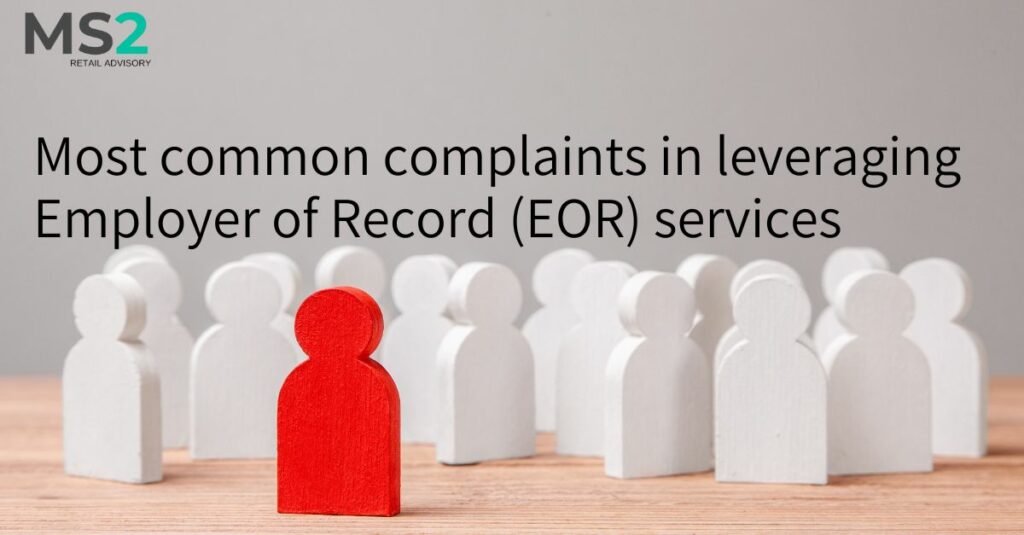In 2019, the world experienced significant changes due to the pandemic. At the peak of the crisis, when everyone faced struggles and hardships, it seemed impossible to find any positive outcomes. However, as conditions improved, we learned a very important lesson: physical office space is not essential for business operations. Surprisingly, this realization brought benefits to both employers and employees. Employers could save on office setup costs, while employees enjoyed the freedom to work from any location. Consequently, the demand for Employer of Record (EOR) services emerged.
What is EOR?
An Employer of Record (EOR) is a service that provides a foreign organization with local payroll and compliance assistance. EORs help companies understand local employment laws, and manage payroll & taxes. Without an EOR, foreign employers would face some big hurdles. They would have to set up a legal entity in the host country, dealing with annual compliance audits, government regulation, taxes submission, hiring of a local accounting, HR, and payroll team. An EOR would act as a shell corporation in the host country, managing these items on their behalf under the EOR’s legal entity.
Employer of Record (EOR) services might appear to be a perfect solution for business owners, offering convenience and efficiency. However, overlooking important details could quickly turn the tables. And, there are many examples of that. Let’s take a quick look at what is behind the failing EOR.
No Expertise in Retail:
EORs have zero knowledge or interest in your business. EORs act solely as a payroll and compliance service. Management and understanding your needs in relation to local hiring practices is up to the foreign entity. For example, job titles that seem to be congruent with your needs in a local country like India might be something very different. An “Executive” is often used as a job title in India, however, in practice, it is used for entry-level roles. Ensure you have a partner that understands exactly your business and needs that can in turn find the best talent to suit the job.
Lack of Understanding of Process and Talent Evaluation:
EORs do not assist you in your hiring and evaluation process. For a single job posting, a foreign entity can expect well over one thousand applications. Again, the assessment of a good fit is an extremely time-consuming and laborious process. In addition to this, credential fraud and dishonesty are also fairly common in key industries like IT & tech development. The incentive to misrepresent credentials in IT is significant as an “experienced” developer in a niche area (i.e. AI, App development, etc) will often fetch 10X the salary of a more junior developer. This can waste time and money for everyone involved.
Employees Turnover:
Ghosting and resignation of roles within the first month of starting is common. This is perhaps the most common complaint of foreign entities leveraging EORS to fulfill talent. This can lead to mixed-up service, slow responses, and issues that don’t get fixed. Over time, the company might lose faith in the EOR and look for someone else to help.
As more businesses use EORs to grow globally and find new talent, it’s important to be aware of these challenges and deal with them early. The main complaints often come from not knowing enough about how to hire locally, not getting enough help with hiring and judging people’s skills, and dealing with staff leaving. To fix these issues, businesses should pick EORs that not only help with paperwork but also know a lot about the local area, can help choose the right people, and have ideas to keep staff around. By working closely with their EOR, businesses can make the most of growing globally while keeping risks low.

